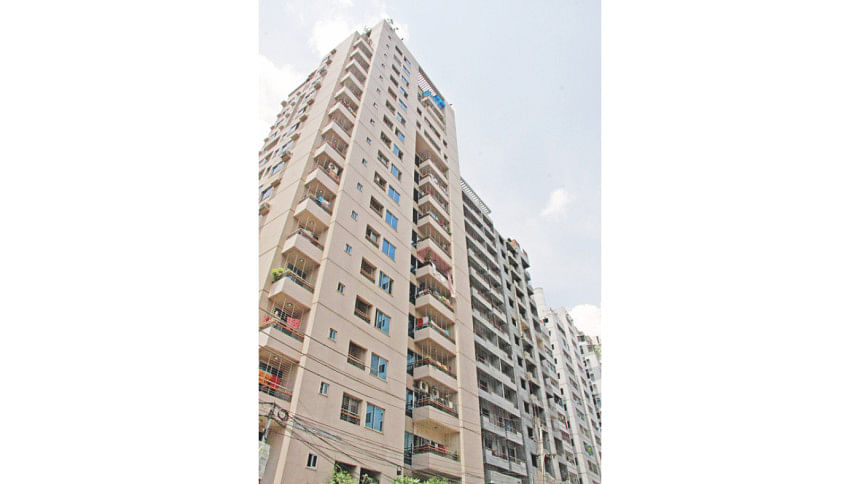Small flats to be cheaper

The middle class will find it a little less difficult to buy flats of up to 1,100 square feet, as the government in the new budget has proposed to halve the VAT.
Currently, there is a 3 percent VAT on all apartment purchases. As per the proposed budget, the VAT would depend on the size of flats.
The VAT would now be 1.5 percent for flats of up to 1,100 square feet and 2.5 percent for 1,100-1,600 square feet. If any flat is more than 1,600 square feet, the buyer will have to pay the government 4.5 percent of the purchase amount as VAT.
Depending on the size and location of flats, the government imposes tax on the undisclosed money invested in the sector for purchasing flats. In the proposed outlay, such tax on flats in rural areas has been reduced.
Meanwhile, noted economists have said ensuring sustainable political stability in the country and proper investment in the real estate sector is the key to making the sector vibrant.
To give the sector fresh hope, they believe the government should establish more control over exorbitant land price and ensure sufficient electricity and gas connections to domestic and commercial customers.
The economists have also urged the government to take quick steps for ensuring an atmosphere of trust, low interest on housing loans and bringing apartment price within the reach of common men.
Eminent economist Hossain Zillur Rahman said nowadays many from the wealthy class were opting for purchasing apartments abroad due to frequent political uncertainty and excessive price of flats inside the country.
“Such instability also frustrates the foreign and local investments and this dwarfs the economic growth. In the end, it affects the growth of the real estate sector as well,” he added.
For a country like Bangladesh which has such a fast urbanisation rate, the real estate sector is extremely vital, he added.
Making attempts to bring vibrancy in the sector keeping an opportunity for legalising undisclosed money is a “flawed idea” as the sector's growth does not primarily depend on “giving the chance” but on the overall growth of the economy and peoples' affordability, according to Zillur.
Like previous years, the provision for legalising undisclosed money remains in the new proposed budget as well.
The government is preoccupied with establishing its political control over opposition instead of bringing some much-needed reforms to the energy sector, banking and capital market policies and building physical facilities conducive to investment, the economist said.
Due to lack of investment, the GDP has not been able to get out of the six-percent growth trap over the past decade, he said.
Dr Zaid Bakht, research director of Bangladesh Institute of Development Studies, said that political uncertainty in the country over the past several years had encouraged many to purchase real estate products abroad.
Moreover, such products -- apartments, land and buildings -- have gone far beyond the reach of commoners following many issues, including the one relating to higher bank interests on housing loans, he added.
Mubasshar Hussain, a leading real estate developer, said Indian government ensured a planned real estate development there and fixed the rate of per square foot of building space in important locations at Rs 3500.
The amount could be Tk 20, 000 or even more in Bangladesh due to the absence of proper government monitoring, he claimed.
Prof Mustafizur Rahman, executive director of private think tank Centre for Policy Dialogue, said the political uncertainty held back for the past decade the required investment for an eight to 10 percent GDP growth rate.
The growth rate in the real estate sector has been ranging between around 4 to 5 percent over the last half a decade, he said.

 For all latest news, follow The Daily Star's Google News channel.
For all latest news, follow The Daily Star's Google News channel. 



Comments